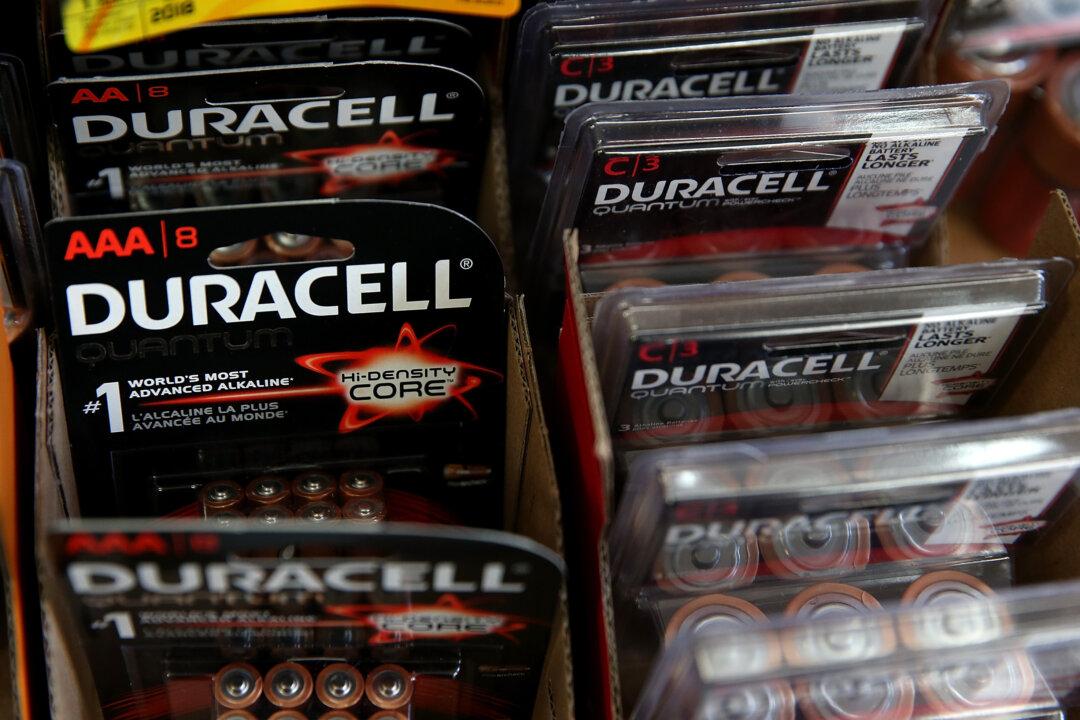After eight years of litigation, a federal judge has issued a permanent injunction against Duracell Canada to prohibit its use of rival Energizer Canada’s trademarks.
“I conclude Energizer is entitled to a permanent injunction restraining Duracell from using the Energizer trademarks,” wrote Justice Janet Fuhrer of the Federal Court. Energizer was awarded $179,000 by the justice in damages and costs.





